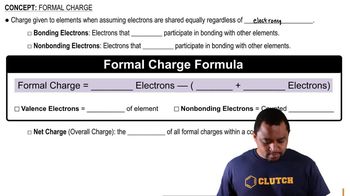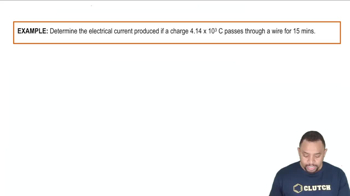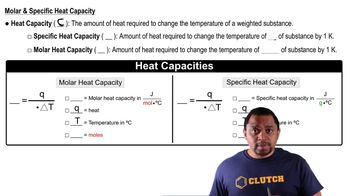A voltaic cell is constructed that uses the following half-cell reactions:
Cu+(aq) + e- → Cu(s)
I2(s) + 2 e- → 2 I-(aq)
The cell is operated at 298 K with [Cu+] = 0.25 M and [I-] = 0.035 M.
(b) Which electrode is the anode of the cell?
(c) Is the answer to part (b) the same as it would be if the cell were operated under standard conditions?





